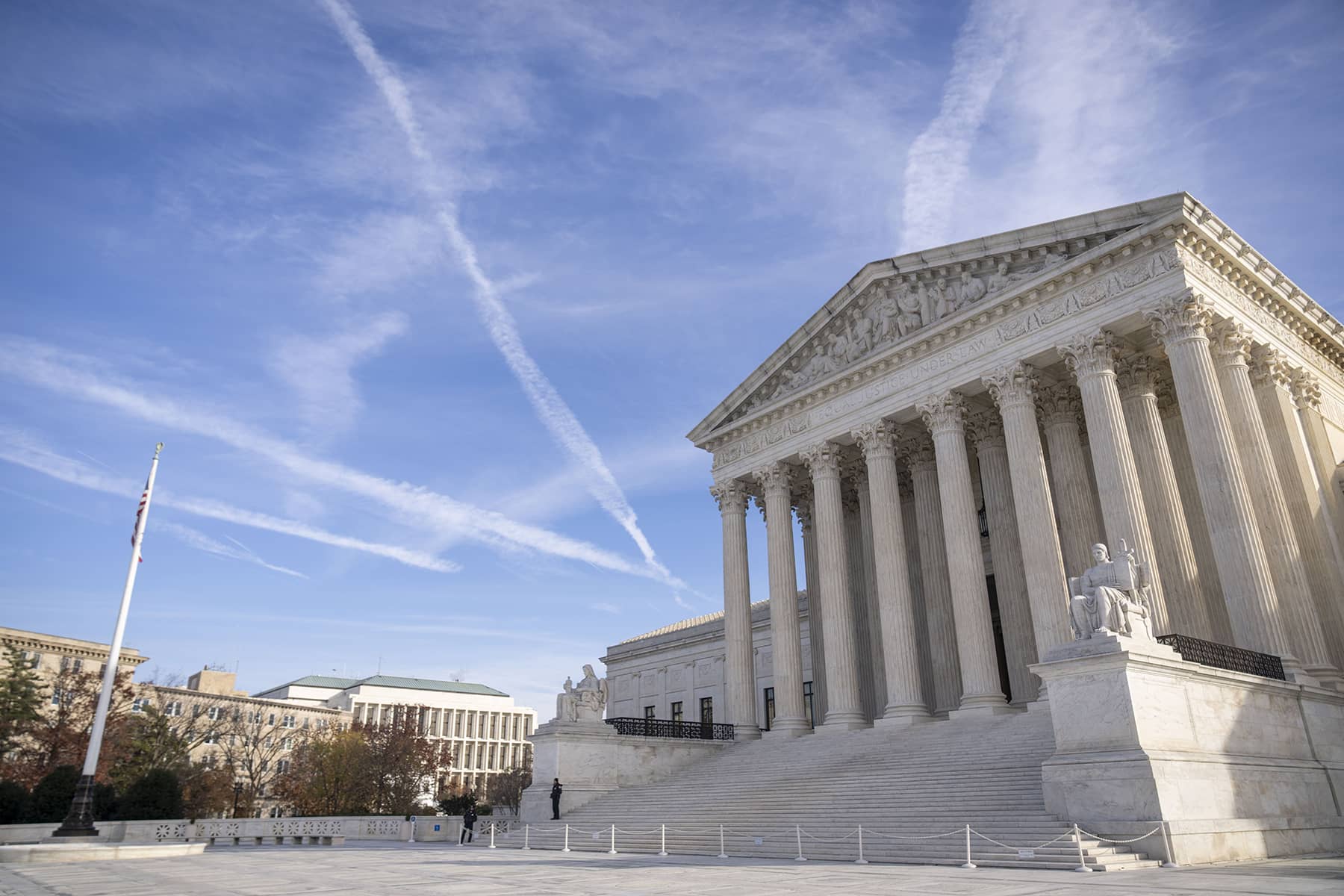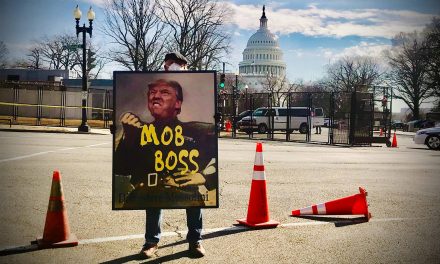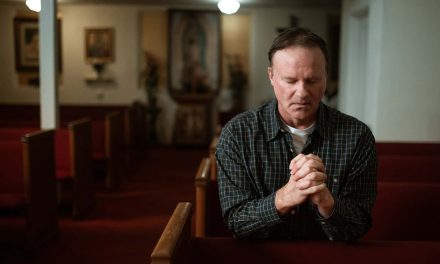
The European Parliament and the U.S. Supreme Court are both ensnarled in major corruption scandals. Each was caused by powerful politicians having no independent legal check on their own behavior. And on “this side of the pond” Congress needs to act as soon as possible.
While news coverage of the EU here in the United States is mostly confined to the rarefied pages of financial and diplomatic publications and “international news” in major papers, the European Parliament is in the midst of a major, multinational bribery scandal.
Numerous members are accused of taking hundreds of thousands of Euros in cash as well as trips and expensive gifts; several have been arrested; and it’s rocking that body and among the biggest buzzes across the European continent.
Here in the United States, the scandal de jour is around a group of wealthy rightwing “Christians” who spent millions to get close to and influence Republican members of the Supreme Court.
They prayed with them over cases and those same Republican justices then cited the amicus brief of the group’s leader and apparently leaked upcoming decisions to and through them.
These tales from the Supreme Court and from the EU are essentially the same story: they explain the danger to society of political bodies with extraordinary power supervising their own ethics.
Of course they’re not unique, which compounds the tragedy for Americans:
Perhaps you remember when Qatar was accused of bribing Trump officials Michael Flynn and Steve Bannon?
Or when then-President Donald Trump — whose son-in-law apparently received around a billion dollars through Qatar via a Canadian investment firm to bail out his failing 666 Fifth Avenue real estate empire — said he was going to legalize bribery?
Or when Trump appeared to blackmail Supreme Court Justice Anthony Kennedy into retiring to make way for Brett Kavanaugh by publicly bringing up Kennedy’s son, Justin, who’d signed off on almost a billion dollars’ worth of high-risk loans to Trump when Justin Kennedy worked at Deutsche Bank?
Or when Brett Kavanaugh threatened Democrats on the Senate Judiciary Committee that he’d get his payback?
Or when Antonin Scalia died at a secretive high-end hunting retreat — one of around 300 such uber-expensive “gifts” worth millions that he’d taken from uber-wealthy “friends” — while on the Supreme Court?
Or when the wife of a sitting Justice allegedly participated in an attempted coup against our nation and he was not even spoken of sternly and publicly by his peers?
Nineteenth century historian Lord Acton famously noted that power corrupts, and “absolute power corrupts absolutely.”
Absolute power is the kind of power that operates without meaningful checks on its abuse. It’s dangerous. It led to the downfall of multiple European kings and popes before the era of democracy, and today it’s threatening democracies.
The European Union’s Parliament (EP), it turns out, has ethics rules but is, itself, pretty much solely responsible for enforcing them.
As a result, they’ve been largely ignored: the 705 members are required to report gifts, but only 39 have been reported by a mere 8 members in the past two years.
Meanwhile, Belgian police found €600,000 in cash in the home of former Italian MEP Pier Antonio Panzeri, €150,000 in cash at the home of Greek MEP Eva Kaili, and are on the hunt for other recipients of “gifts” believed to have come from agents of the Qatari government.
Because European politicians have a sense of ethics and can feel shame, the European Parliament is scrambling to put into place an independent authority to oversee its own members; reporters in Europe expect that new body to be up and running within a month or two.
Here in America, though — where Republicans generally appear unable to feel shame and their party daily shows it considers ethics a joke — six Republicans on the US Supreme Court continue to embarrass our nation by making nakedly political, partisan, or bigoted decisions (that often defy precedent and tradition).
Yet, having made themselves arguably the most powerful branch of our government, Republicans on the Court continue to block any effort to recognize ethics rules, even lukewarm ones that are self-imposed but require an impartial, un-firable oversight group.
Lord Acton must be smiling. Or grimacing.
It’s been three years since Democratic-nominated Supreme Court Justice Elena Kagan suggested the Court should have its own code of judicial ethics.
Yet in his year’s end Report on the Federal Judiciary Chief Justice John Roberts turned reality on its head, bizarrely asserting that only he and his fellow justices could reasonably hold themselves responsible for corrupt behavior among members of their own Court.
“The Judiciary’s power to manage its internal affairs,” Roberts wrote, “insulates courts from inappropriate political influence and is crucial to preserving public trust in its work as a separate and co-equal branch of government.”
In other words, “Leave us alone and we will attend to our own business, whether it’s legal or illegal, ethical or unethical. It’s none of your damn business.”
Of course, when Roberts wrote “insulates courts” he was referring exclusively to the one single court on which he sits: every other federal court and every state, county, municipal, or other court in the nation must abide by external ethics rules. Only the Supreme Court has exempted itself from oversight.
And that’s definitely not what the Founders and Framers had in mind.
The Constitution puts the Supreme Court under the thumb of Congress. Article III, Section 2 is unambiguous:
“[T]he supreme Court shall have appellate Jurisdiction, both as to Law and Fact, with such Exceptions, and under such Regulations as the Congress shall make.”
In Federalist 51, James Madison proclaims, “[I]n republican government the legislative authority, necessarily, predominates.”
In Federalist 78, Alexander Hamilton writes, “[T]he judiciary is beyond compare the weakest of the three departments of power.” (italics theirs)
But Roberts and Republicans on the Court consider themselves the absolute black-robed lords of America, accountable to nobody.
On April 29, 1938 President Franklin D. Roosevelt addressed Congress and the American people by radio.
“The first truth,” he said, “is that the liberty of a democracy is not safe if the people tolerate the growth of private power to a point where it becomes stronger than their democratic state itself. That, in its essence, is Fascism—ownership of Government by an individual, by a group, or by any other controlling private power.”
FDR was talking about giant corporate monopolies in that speech, but he certainly would have agreed that an overweening and bought-off Supreme Court fit the bill as well; he’d just a year earlier won his own potentially politically fatal battle with that body.
So, here we are. It was reported yesterday that Justice Brett “BeerBong” Kavanaugh was partying with Matt Gaetz, Sebastian Gorka, Stephen Miller, Chad Wolf, Greta Van Sustern, and Erik Prince this past weekend. So much for even the appearance of “judicial independence.”
The Republicans who control this Supreme Court will never voluntarily hold themselves to account, even as they take millions in gifts from special interests; party or pray with white religious fanatics over cases before them having to do with religion, white supremacism, or voting rights; and issue increasingly bizarre and grotesque rulings in defiance of common sense, public opinion, Congress and the Presidency.
Congress has the explicit power — Madison or Hamilton would say obligation — under Article 3, Section 2 of the Constitution to “regulate” the Supreme Court.
Imposing a judicial code of ethics like the European Parliament is creating for itself this week is a vital place for Congress and the White House to start. Senator Sheldon Whitehouse and colleagues have introduced legislation to do just that.
Andrew Harnik (AP)
© Thom Hartmann, used with permission. Originally published on The Hartmann Report as How Do We Stop Wealthy Rightwing “Christians” from Bribing the Supreme Court?
Subscribe to The Hartmann Report directly and read the latest views about U.S politics and other fascinating subjects seven days a week.














